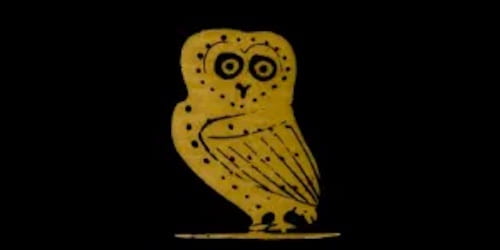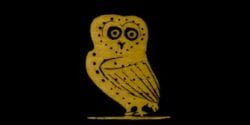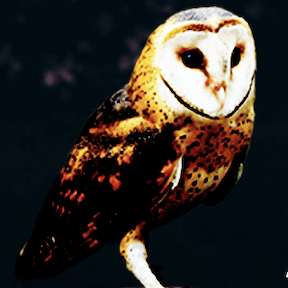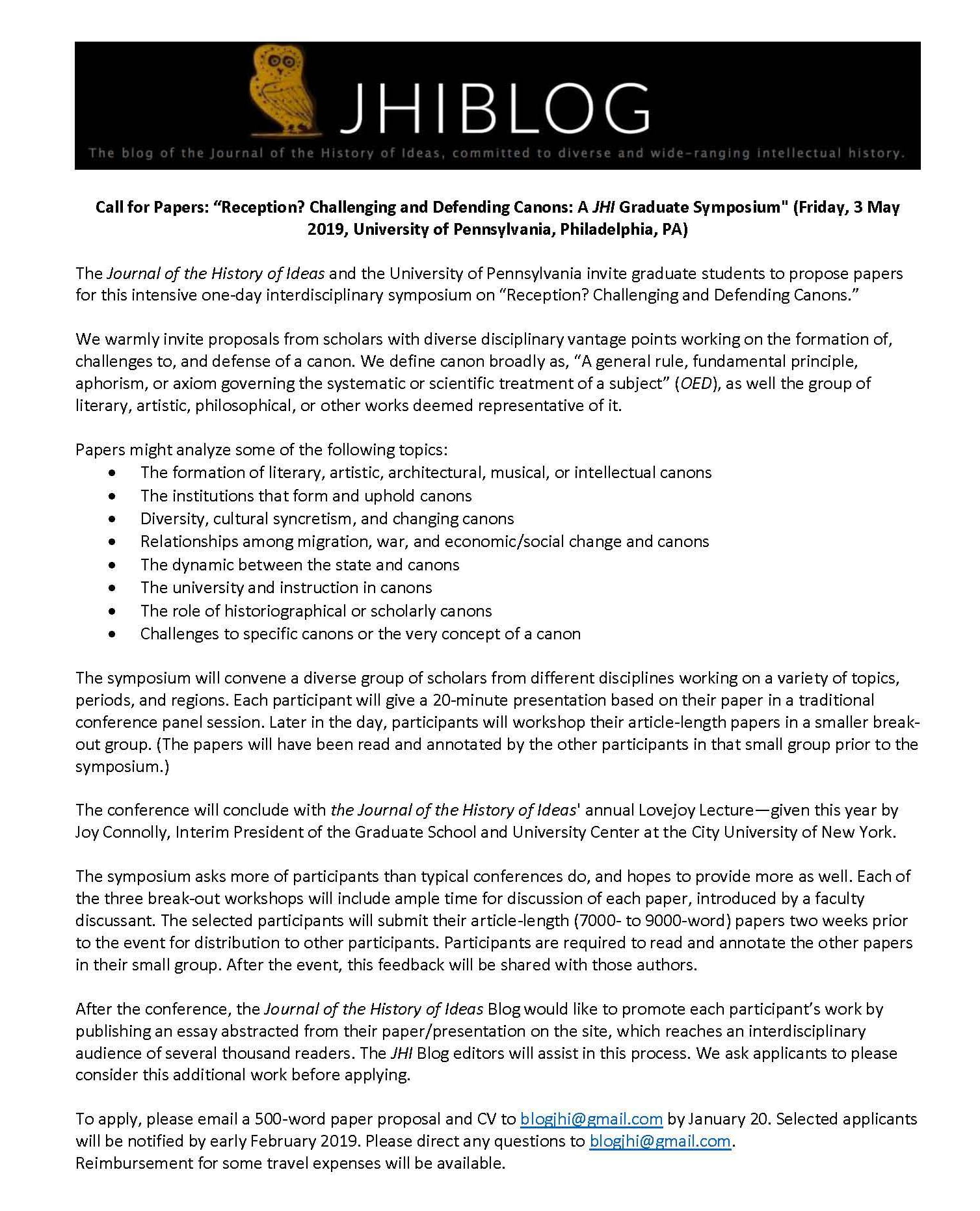Category Call for Papers
The JHI annual Graduate Student Symposium on “Ideas in/about Interaction”
The JHI annual Graduate Student Symposium on “Irrational Ideas: Thinking Against Conventions”
The Journal of the History of Ideas, the JHI Blog, and the University of Pennsylvania invite graduate students from all institutions, disciplines, and stages of their degree to propose papers for our second annual Graduate Student Symposium on The Ends… Continue Reading →





